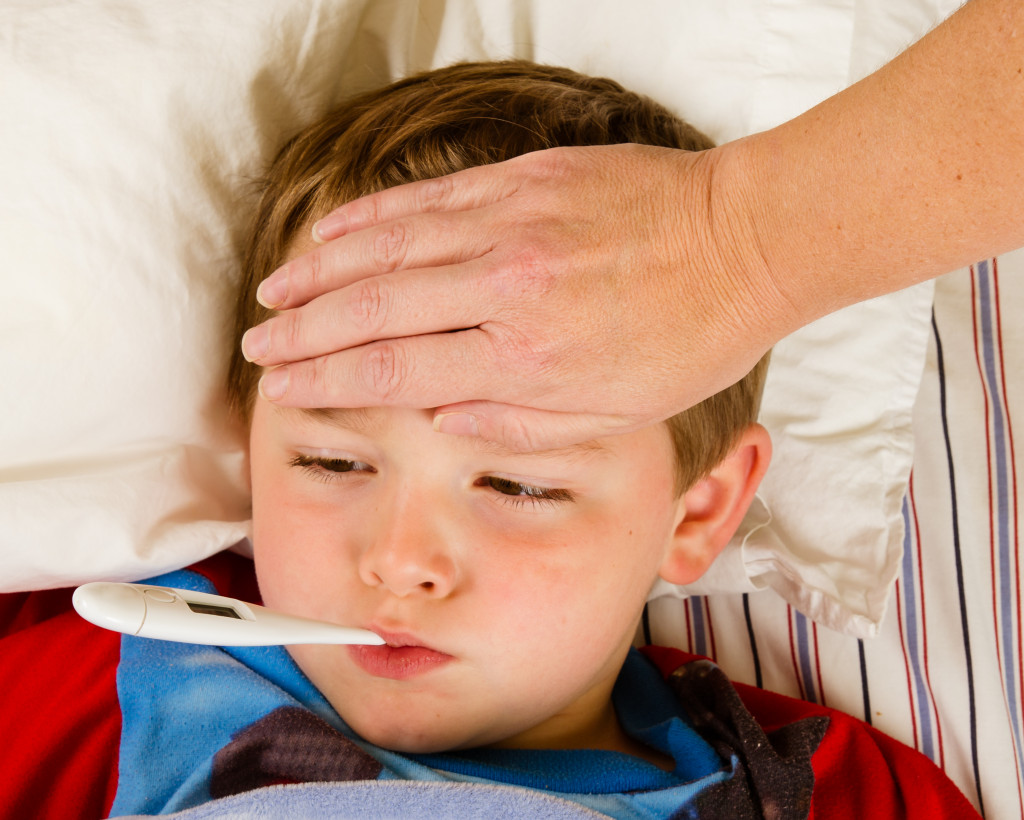• In medical emergencies, quick intervention is essential to prevent serious long-term damage or even death.
• Parents should be aware of common signs of emergency care needs in children, such as difficulty breathing, uncontrolled bleeding, persistent vomiting or diarrhea, loss of consciousness, and severe allergic reactions.
• Knowing where to access local resources such as poison control centers, pediatric urgent care clinics, and emergency services may be invaluable in a crisis.
• When it comes to emergency medical care for children, don’t hesitate, as quick action can save a life.
Every parent knows that children can be unpredictable. While most days are filled with fun and laughter, the occasional scrape or injury is inevitable. At the first sign of trouble, parents often find themselves wondering when quick medical attention is necessary and when it’s safe to wait it out at home. Here’s why getting your child help quickly in an emergency situation can save their life.
The Importance of Early Intervention
When it comes to medical emergencies, time is of the essence. Delays caused by hesitating to seek medical care can have serious consequences for your child’s health and well-being.
For example, delays in seeking pediatric emergency care are associated with increased morbidity and mortality. In other words, the longer a child waits for help, the more likely they are to suffer long-term damage or even death due to their injury or illness.
Therefore, it is always important to err on the side of caution and get medical attention as soon as possible. In some cases, a few minutes can make all the difference between life and death.
What Constitutes an Emergency?
It’s important to know what constitutes an emergency situation when it comes to your child’s health so you can act accordingly. Common signs that indicate your child may need immediate medical attention include:
Difficulty Breathing
If your child is having difficulty breathing, it can be a sign of a potentially serious condition such as asthma or anaphylaxis. In these cases, you should call 911 and get help right away. While waiting, try to keep your child calm and reassured.
Uncontrolled Bleeding
If your child is having uncontrollable bleeding from a cut or wound, this could be a sign of internal bleeding that requires immediate medical attention. Call 911 and apply pressure to the wound until help arrives.
Persistent Vomiting or Diarrhea
If your child has had more than three episodes of vomiting or diarrhea in one day, it is crucial to seek medical care right away. Dehydration can occur quickly with these symptoms, so it is vital to get them hydrated as soon as possible.
Loss of Consciousness
If your child has experienced a loss of consciousness, even for just a short time, it is important to get them to an emergency room as soon as possible. It could be a sign of a stroke, seizure, or head injury and requires immediate attention.
Serious Allergic Reactions
If your child is having a severe allergic reaction, including difficulty breathing, rashes or hives, swelling of the face or lips, and dizziness or confusion, it is important to call 911 immediately. This can be a sign of anaphylaxis, which can be life-threatening if not treated right away.
Neck and Back Injuries
If your child has experienced a neck or back injury, it is important to seek medical attention immediately. These injuries can have serious implications if not treated promptly and appropriately because the spinal cord can be affected.
Knowledge Is Power
It’s always a good idea for parents—especially new parents—to familiarize themselves with common warning signs so they know when their child needs urgent medical attention. It can also be helpful to ensure you are aware of local healthcare and emergency services you can contact. Here are some options to take note of:
Poison Control Centers
Call the National Poison Control Center at 1-800-222-1222 for help if your child has ingested something poisonous. These are staffed 24/7 with medical professionals who can provide advice and instructions to help you.
Pediatric Urgent Care Clinic
Most cities have reliable pediatric urgent care clinics that can provide medical attention for non-life-threatening injuries and illnesses. Make sure to keep their contact info handy in case you ever need it. You can also have your child’s pediatrician provide a list of recommended urgent care centers in your area.
Local Emergency Services
If you ever find yourself in an emergency and need help, call 911 for assistance. It is essential to stay calm and provide as much information to the operator as possible so they can give you the best advice on how to
Medical emergencies don’t always come with a warning. Parents should always be alert for signs that their child needs urgent medical attention and know where to find local resources if one arises. Timely intervention is critical for preventing long-term damage, so when seconds count, make sure you get your little one help fast. The bottom line is if something doesn’t seem right, trust your gut instincts—quick action could save a life.





